News Archive
Filter by Division
Filter by Categories
With $5M Grant, Rogel Team Will Conduct Preclinical Work to Develop Drugs Targeting Cancer Master Regulator
May 8, 2024 / MctpUniversity of Michigan Rogel Cancer Center researcher Arul Chinnaiyan, MD, PhD, has received a $5 million grant from the J.C. Kennedy Foundation to conduct laboratory tests of a potential drug candidate targeting a master regulator that controls the majority of genes involved in the most challenging type of prostate cancer. The SWI/SNF chromatin remodeling complex was previously found to facilitate access to enhancers that oncogenes can bind to, driving downstream gene expression in cancer. Degrading a subunit of this complex blocks the oncogenes [...]
Mary H. Weiser Food Allergy Center Identified as an Elite Research Center
April 11, 2024 / Mary H. Weiser Food Allergy CenterAn interdisciplinary team of researchers from across Michigan Medicine are focused on cutting-edge research to understand and address food allergies as members of the Mary H. Weiser Food Allergy Center. Nicholas Lukacs, PhD, the Godfrey Dorr Stobbe Professor of Pathology and Scientific Director of the Mary H. Weiser Food Allergy Center, and James R. Baker Jr., Ruth Dow Doan Professor of Biologic Nanotechnology and Director of the MHWFAC, were instrumental in founding the food allergy center in 2015 and in recruiting an exceptional team of researchers to the Center. One of their goals since the inception of the MHWFAC was to see it become recognized as one of the world’s elite research centers in its field. Recently, this goal was achieved when the National Institutes of Health awarded them one of just 10 seven-year CoFAR Cooperative Agreement Grants, recognizing the center’s exceptional ground-breaking research.
MCP Graduate Student Joanna Lum Receives ChadTough Defeat DIPG Foundation Fellowship Award
January 18, 2024 / Phd ProgramIn the world of research and grant funding, it is easy to lose sight of the effort required for foundations to provide funding to researchers and the underlying motivation for that funding. This is not the case, however, for Molecular and Cellular Pathology Graduate Student Joanna Lum. Lum was recently awarded the ChadTough Defeat DIPG Foundation Fellowship Award, providing her with $200,000 over 3 years to study Diffuse Intrinsic Pontine Glioma, the deadliest form of pediatric brain cancer. DIPG is a brainstem glioma most commonly affecting children ages 5-9 years old. More than 90% of these children will die within 1.5 years. The DIPG foundation was created by two families who lost their sons to DIPG.
MCP Graduate Student Madeline Sykes Awarded Rackham Graduate Student Research Grant
November 27, 2023 / Phd ProgramCongratulations to Molecular and Cellular Pathology graduate student, Madeline Sykes, on being selected for a 2023 Rackham Graduate Student Research Grant. These grants are awarded to students based on the quality of their research proposals and are used toward funding experiments for their thesis work.
Grant funds research into childhood blindness, new partnership in Turkey
November 21, 2023 / ResearchA Global REACH seed grant aims to bridge stem cell biology and cutting-edge 3D retinal organoid technology to inform new research of childhood diseases that cause blindness.
Rajesh C. Rao, M.D., Leonard G. Miller Professor of Ophthalmology and Visual Sciences, and Associate Professor of Human Genetics and Pathology, is a retina surgeon and physician-scientist. He garnered a $10,000 Partnership Development Grant last fall to collaborate with colleagues at the Ege University Faculty of Medicine, in Turkey, where the team was treating a very unique patient.
“This is just one of those needle-in-a-haystack situations. The disease the patient was suffering from, Strømme Syndrome, is so incredibly rare,” Rao said. “I’m really grateful that Global REACH [...]
MCP Student Sahiti Marella shares her journey to becoming grant funded
March 8, 2023 / Molecular And Genomic PathologyThe Department of Pathology offers the Molecular and Cellular Pathology Graduate Program (MCP) for students who are interested in translational research – the step between basic science research and clinical care, the “bench-to-bedside” transition. Sahiti Marella is a graduate student in the MCP who was recently awarded her first F31 grant. This is an NIH-funded predoctoral grant that provides awardees with a monthly stipend to support tuition and fees, and funds for training-related costs while they conduct their PhD research project, for up to five-years of funding.
Rogel Researchers Receive $4M Through Prostate Cancer Foundations Inaugural TACTICAL Awards Program
January 10, 2023 / MctpThe University of Michigan Rogel Cancer Center researchers received one of the Prostate Cancer Foundation’s four inaugural Class of 2022 TACTICAL (Therapy ACceleration To Intercept Cancer Lethality) Award. This $30 million program will support cross-disciplinary pioneering research toward the goal of developing 21st Century therapies for the most life-threatening form of prostate cancer [...]
Careers in Pathology: Research Administration
March 21, 2022 / ResearchMeet the members of the Research Administration team within the Department.
Prostate Cancer Regulator Plays Role in COVID-19, Providing a Promising Treatment Lead
December 22, 2020 / Cancer ResearchClinical trials underway are testing whether drugs that target the androgen receptor – successful in controlling prostate cancer – could also work against the coronavirus. wo proteins, ACE2 and TMPRSS2, help the coronavirus gain entry and replicate within cells. TMPRSS2 is well-known to Arul Chinnaiyan, MD, PhD. His lab discovered that TMPRSS2 fuses with the ETS gene to drive more than half of all prostate cancers [...]
Marcin Cieslik Receives Award from Bristol-Myers Squibb
March 11, 2020 / AwardMarcin Cieslik, Assistant Professor of Pathology and Computational Medicine and Bioinformatics and member of the Michigan Center for Translational Pathology (MCTP), received an award from Bristol-Myers Squibb (BMS) for the project entitled, “Identification of novel therapeutic vulnerabilities across immunophenotypes of refractory and metastatic tumors.” This award provides two years of funding.
Nicholas Lukacs, PhD, Receives an Outstanding Investigator Award
March 5, 2020 / FacultyNicholas Lukacs, PhD, The Godfrey Dorr Stobbe Professor of Pathology, received an Outstanding Investigator Award (OIA or an R35) from the National Heart, Lung, and Blood Institute (NHLBI) entitled, “Viral and allergen-driven immunity in chronic lung disease.” This award will provide 7 years of funding. [...]
Dr. Chan Chung Receives Two Grants to Study Brain Cancers
January 9, 2020 / GrantsChan Chung, PhD, received two grants in funding from the ChadTough Foundation and Defeat DIPG foundation ($150,000) and the Robert Connor Dawes CERN Pediatric Fellowship ($100,000). [...]
Updated NIH Policy Statement Emphasizes "Other Support" Reporting
December 20, 2019 / ResearchAll faculty who serve as the Principal Investigator or one of the key personnel on an NIH award or pending proposal are required to review their new guidance and address the two parts below, as appropriate, by January 20, 2020 [...]
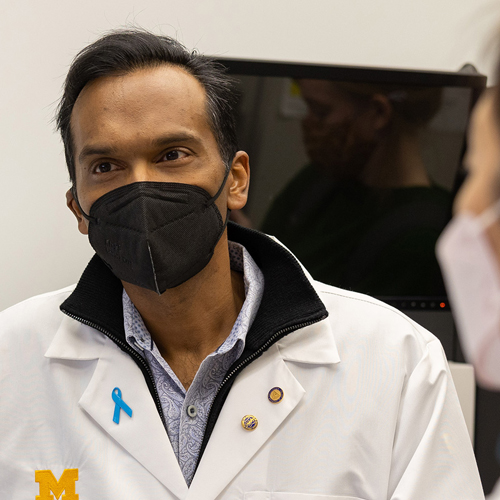
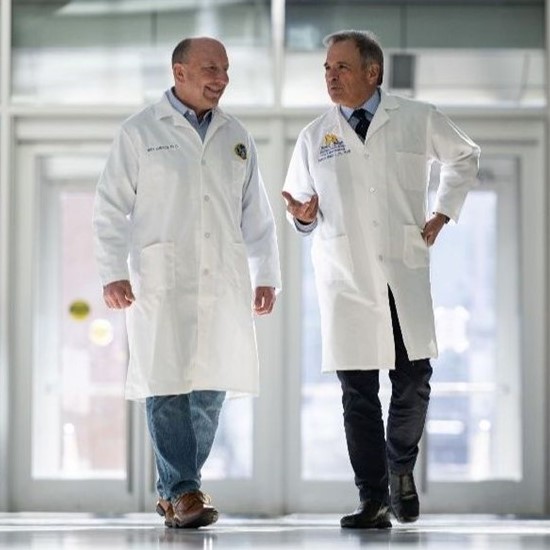
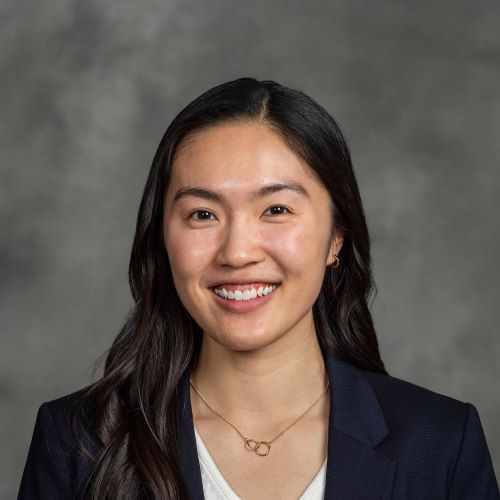
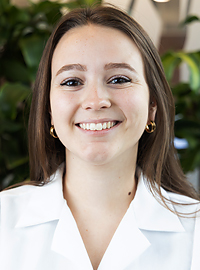
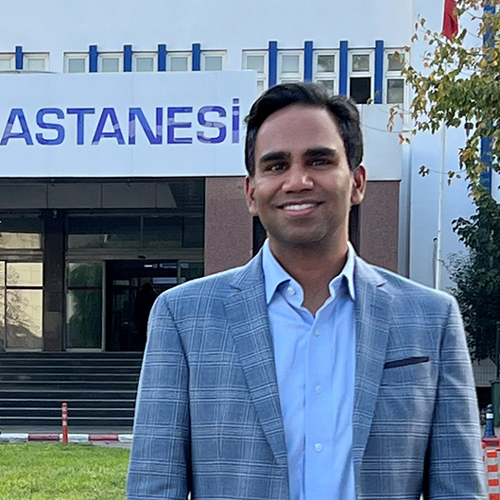
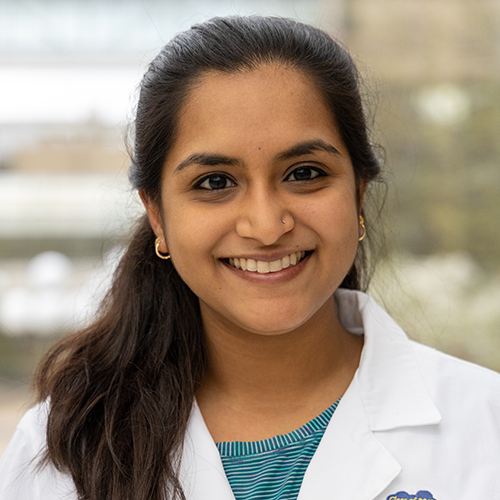
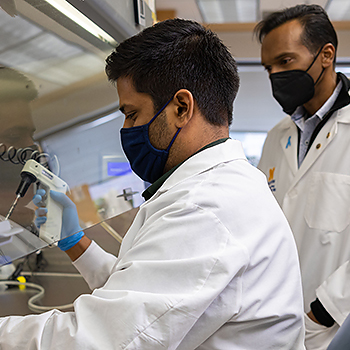

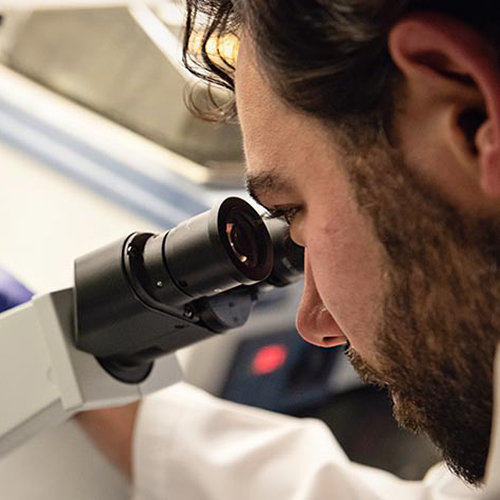
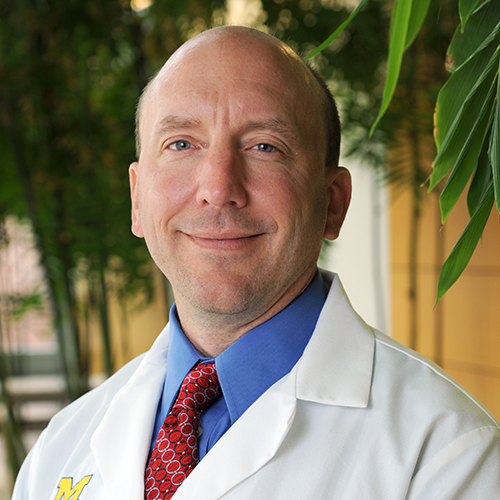
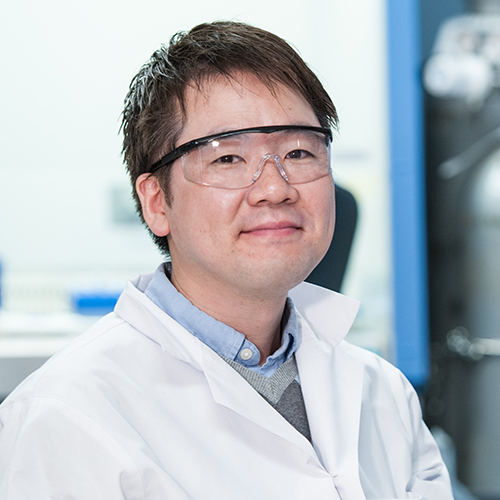
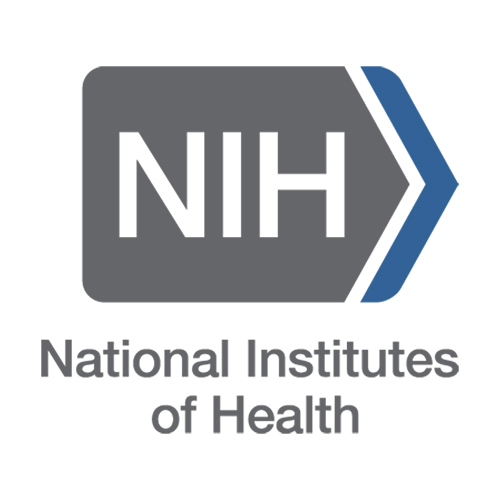
 ON THE COVER
ON THE COVER
 ON THE COVER
ON THE COVER
 ON THE COVER
ON THE COVER
 ON THE COVER
ON THE COVER
 ON THE COVER
ON THE COVER
 ON THE COVER
ON THE COVER
 ON THE COVER
ON THE COVER
 ON THE COVER
ON THE COVER
 ON THE COVER
ON THE COVER
 ON THE COVER
ON THE COVER
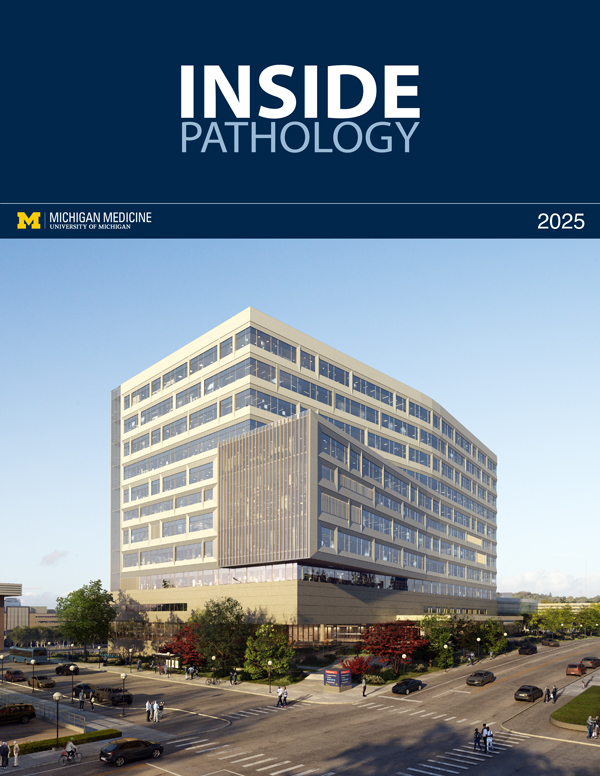 ON THE COVER
ON THE COVER
